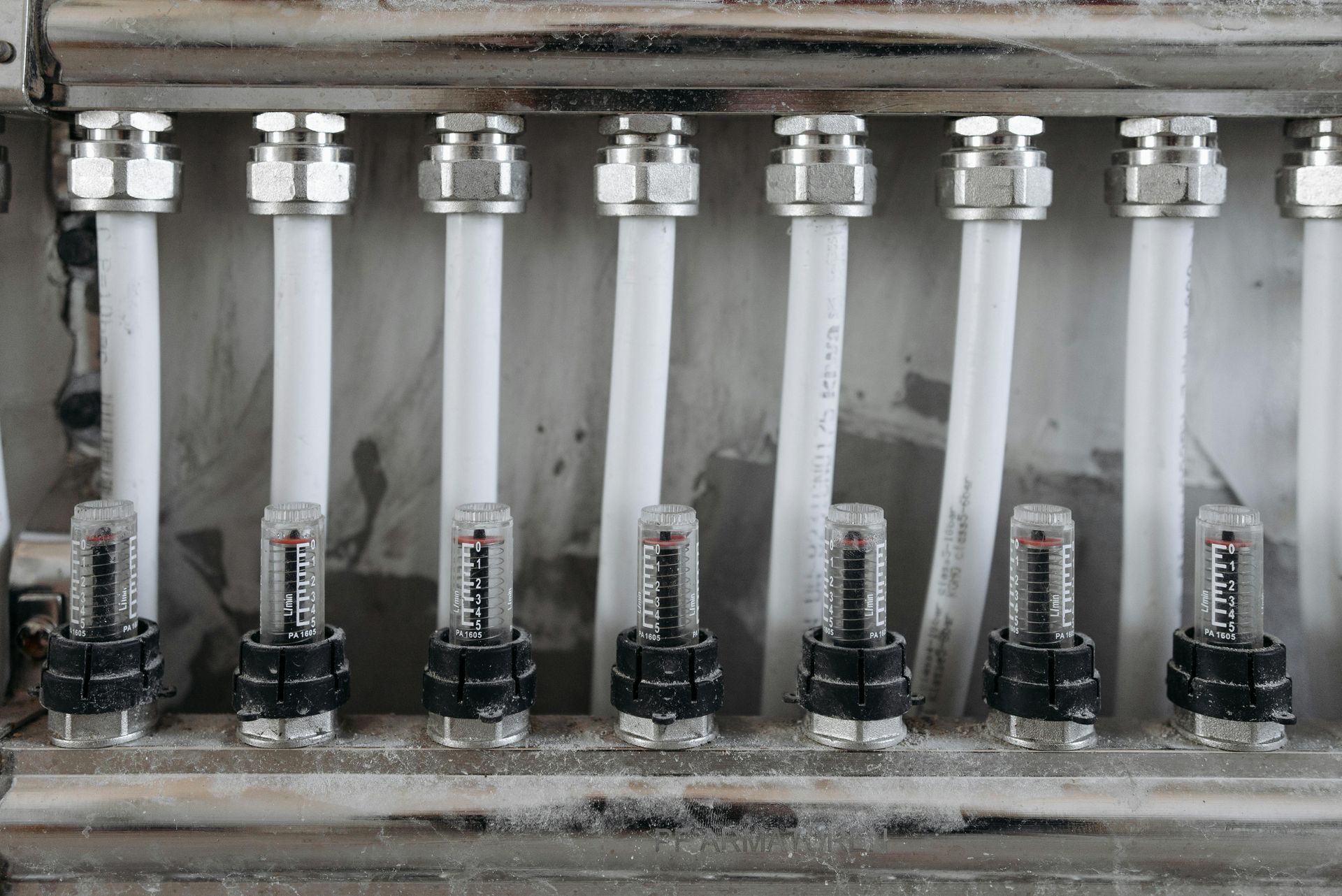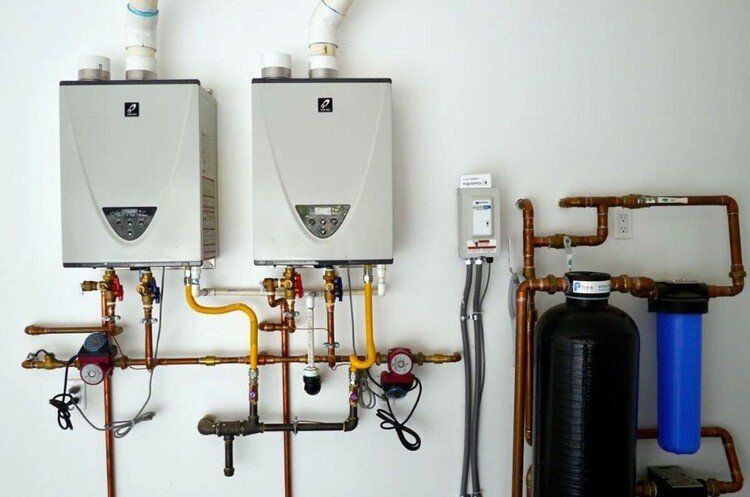The Impact Of Garbage Disposals on Septic Systems
Garbage disposals have become an integral part of modern kitchens, offering a convenient and efficient way to manage food waste without the need for outdoor trash disposal. However, when connected to homes with septic systems, the use of a garbage disposal introduces complexities that can significantly affect the system’s performance and longevity. This detailed article explores the multifaceted impact of garbage disposals on septic systems, incorporating insights on maintenance, environmental concerns, and plumbing best practices, including advice from experts like All City Plumbers on how to fix toilet paper clogs effectively and manage septic health.
Understanding the Septic System and Its Functionality
A septic system manages household wastewater by channeling waste into an underground tank where bacteria break down solid matter, allowing treated effluent to discharge safely into the drainfield. This bacterial digestion is crucial to the system’s efficiency and sustainability. Septic systems are designed primarily to treat human waste and toilet paper, materials that bacteria readily decompose.
Garbage disposals, while helpful in reducing kitchen waste, grind food into small particles that enter the septic tank. Unlike more biodegradable waste, food waste often contains fats, oils, grease (FOG), and fibrous materials that bacteria in septic tanks cannot break down efficiently. This difference marks the root of potential septic system problems when garbage disposals are in regular use.
Increased Solids and Sludge Buildup
One of the most significant effects of using a garbage disposal with a septic system is the dramatic increase in the amount of solids entering the tank. Food scraps discharged into the septic tank increase the sludge and scum layers substantially. These layers take up vital space within the tank, reducing its effective capacity to treat incoming wastewater.
The bacteria, overwhelmed by excessive and often non-biodegradable food particles, cannot decompose the solids quickly enough. This leads to a buildup of untreated sludge, which must be pumped out more frequently to prevent system failure. According to septic experts like All City Plumbers, homes with garbage disposals often require septic pumping twice as often as those without.
Moreover, excessive solids increase the risk of solids escaping into the drainfield. When such solids clog the drainfield pipes and soil pores, it severely hampers the system's ability to filter wastewater, potentially causing backups and surface pooling.
Effects on Bacterial Activity and Septic Efficiency
Healthy bacterial activity is central to the effective operation of a septic system. These microorganisms digest organic waste and reduce solids into less harmful forms. However, the organic load from food waste can alter the delicate bacterial ecosystem inside the tank.
The influx of fats, oils, and grease from garbage disposals coats bacterial colonies and surfaces inside the tank, reducing oxygen availability and hindering microbial action. Over time, this diminished bacterial efficiency causes poor waste breakdown, increased tank solids, and deteriorating water quality discharged into the environment.
Septic system specialists emphasize that this bacterial imbalance is a critical reason why garbage disposals are generally discouraged in homes with septic tanks.
Increased Frequency of Maintenance and Costs
With higher solids loading, the septic tank fills faster, necessitating more frequent pumping and inspections. This maintenance not only increases costs for homeowners but also demands more frequent plumbing service visits. More frequent pumping reduces drainfield stress temporarily but does not fully address the core issue of excess solid waste.
Those using garbage disposals with septic tanks should anticipate higher long-term upkeep costs and plan accordingly. Plumbing services, such as those from All City Plumbers, often include essential treatments and advice designed to help homeowners fix toilet paper clogs effectively and maintain cleaner pipes to mitigate some of these challenges.
Environmental Risks and Drainfield Damage
When food solids and grease bypass the septic tank and enter the drainfield, they clog the pores of the soil necessary for effective filtration. This clogging reduces the soil’s ability to absorb and treat the effluent properly, leading to water pooling on the surface or sewage backing up into the home.
Eventually, a clogged drainfield can fail completely, requiring costly repairs or replacement—an expense that commonly runs into thousands of dollars. Beyond financial damages, a failing septic system can contaminate groundwater, posing health risks to families and the surrounding ecosystem.
Best Practices for Garbage Disposal Use with Septic Systems
While complete avoidance of garbage disposals in septic homes is often recommended, if you choose to use one, moderation and mindfulness are key. Avoid disposing of hard-to-grind items like bones, coffee grounds, grease, and fibrous vegetables, which cause the most damage.
Regular septic tank inspections and servicing ensure early detection and management of sludge accumulation. Utilizing bacterial additives can sometimes help maintain microbial balance, though results vary.
Calling professional plumbers such as All City Plumbers ensures expert assistance in both regular maintenance and emergency interventions, including advice to fix toilet paper clogs effectively and address other septic system challenges linked to garbage disposal use.
Conclusion
The impact of garbage disposals on septic systems is substantial and multifaceted. Increased solid waste, disrupted bacterial activity, and accelerated sludge buildup contribute to reduced septic efficiency, escalated maintenance needs, and potential environmental hazards. Responsible use, regular professional maintenance, and informed plumbing practices can help homeowners mitigate these risks.
Companies like All City Plumbers offer crucial support in troubleshooting and sustaining septic health, ensuring homeowners understand how to balance the convenience of a garbage disposal with the careful care septic systems require. Employing their expertise helps households maintain functional, efficient, and environmentally secure septic solutions, while also mastering crucial procedures such as how to fix toilet paper clogs effectively.
For homeowners with septic systems, awareness of these dynamics is essential before integrating a garbage disposal into a household’s wastewater management approach. Proper education and preventive care remain the best defenses against costly septic system failures.











